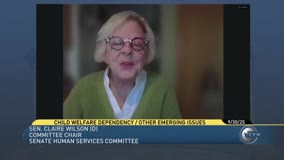Article not found
This article is no longer available. But don't worry—we've gathered other articles that discuss the same topic.
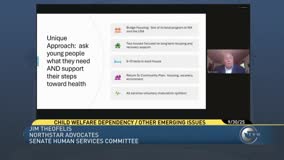
Juvenile Rehabilitation officials report overcrowding at Green Hill; Harbor Heights opens and use‑of‑force incidents fall
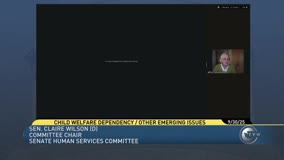
Pilot bridge‑housing programs open on both sides of state to help young people exit inpatient treatment
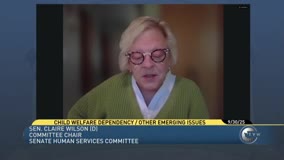
AOC report outlines measures for relational permanency and urges renewed DCYF‑AOC data sharing
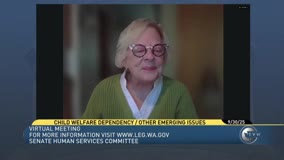
Legal advocates and parent‑ally clinics urge prevention-first approach and more treatment, housing and parent‑support services
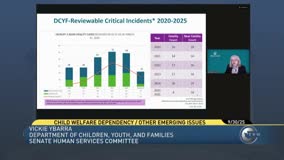
DCYF data show spike in reviewable child fatalities and near‑fatalities tied to opioids; agency rolls out targeted practices
